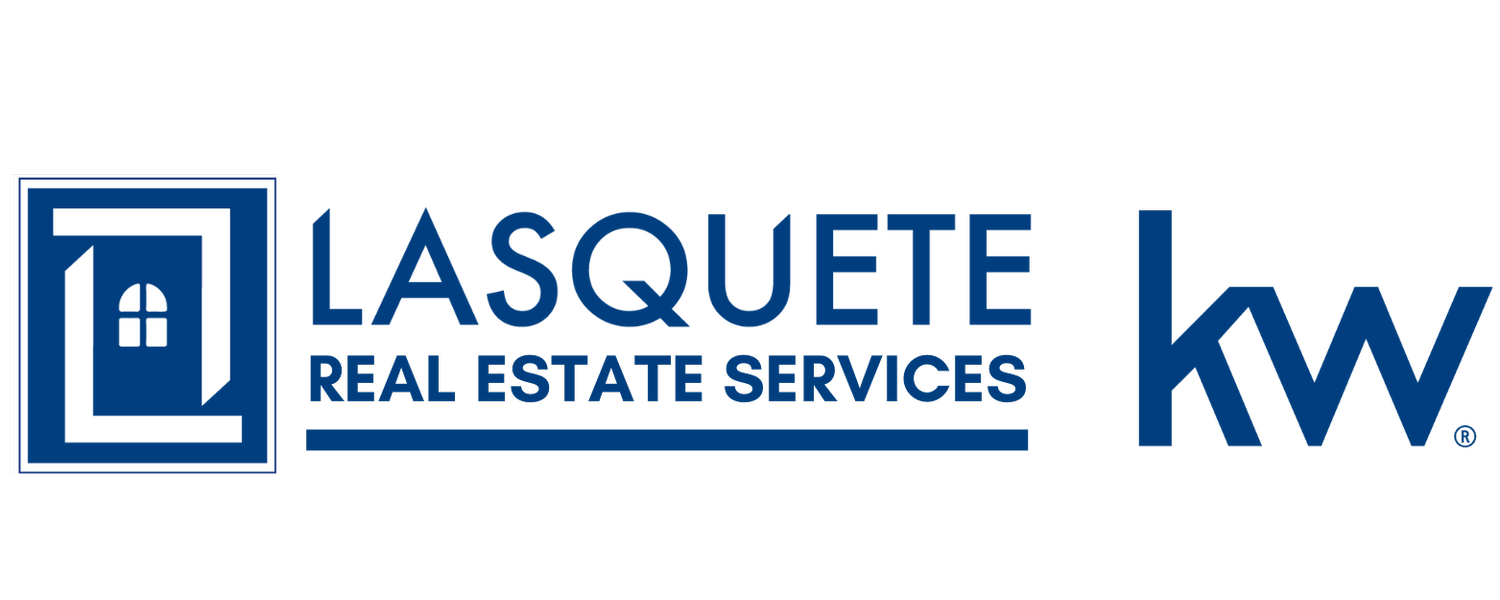
Pre-Approval vs. Pre-Qualification
When embarking on your journey to purchase a home or property with Lasqete Real Estate Services, you'll often hear two terms that play a crucial role in the process: pre-approval and pre-qualification. While these terms may sound similar, they have distinct meanings and implications for your real estate transaction. Understanding the differences between pre-approval and prequalification will empower you to make informed decisions and streamline your home buying process.
What is Pre-Approval?
Pre-approval is a more comprehensive and formal process compared to prequalification. It involves a lender conducting a thorough examination of your financial history, credit score, income, and debt. Pre-approval provides you with a concrete loan amount for which you are approved, as well as the specific terms and interest rate of the loan.
Key Points About Pre-Approval:
Formal Application: To get pre-approved, you'll need to complete a formal mortgage application, which will include a credit check.
Binding Commitment: Pre-approval is a binding commitment from the lender to provide you with a loan of a specified amount, subject to property appraisal and other conditions.
Serious Buyer Status: Sellers often prefer working with pre-approved buyers because it indicates that you are a serious and financially capable buyer.
Negotiation Power: Pre-approval strengthens your position in negotiations and can give you an edge in competitive real estate markets.
Faster Closing: Since much of the mortgage application process is already completed, pre-approval can lead to a faster closing once you find your dream property.
What is Pre-Qualification?
Pre-qualification is an initial assessment of your financial situation by a mortgage lender. It's a preliminary step that helps you understand how much you might be able to borrow for a home loan. During prequalification, you provide basic information about your income, assets, debts, and credit history to the lender. This information helps the lender estimate the loan amount you could potentially qualify for.
Key Points About Prequalification:
Informal Process: Prequalification is relatively informal and doesn't involve a thorough credit check or in-depth financial scrutiny.
Estimates Loan Amount: It provides an estimate of the loan amount you could qualify for, helping you set a budget for your property search.
Non-Binding: Prequalification is non-binding and doesn't guarantee loan approval or terms.
Speed: Prequalification is usually a quick process, making it a useful first step in your home buying journey.
Limited Credibility: While it's a useful starting point, prequalification doesn't carry as much weight as pre-approval when making an offer on a property.
Which One Should You Choose?
Whether you should start with pre-qualification or go straight to pre-approval depends on your unique circumstances. Here are some guidelines:
Pre-Qualification: Use this as an initial step to understand your budget and assess your readiness to buy a home. Prequalification can be helpful for casual home buyers who want a general idea of their purchasing power.
Pre-Approval: If you are serious about buying a property, especially in a competitive market, getting pre-approved is strongly recommended. It demonstrates to sellers that you are a credible and committed buyer, and it streamlines the process, putting you in a better position to make offers and close deals quickly.
At Lasqete Real Estate Services, we're committed to helping you navigate the real estate journey with confidence. Our experienced team can provide guidance on the pre-approval and prequalification processes, ensuring you make informed decisions every step of the way. Contact us today to start your exciting journey to homeownership.


